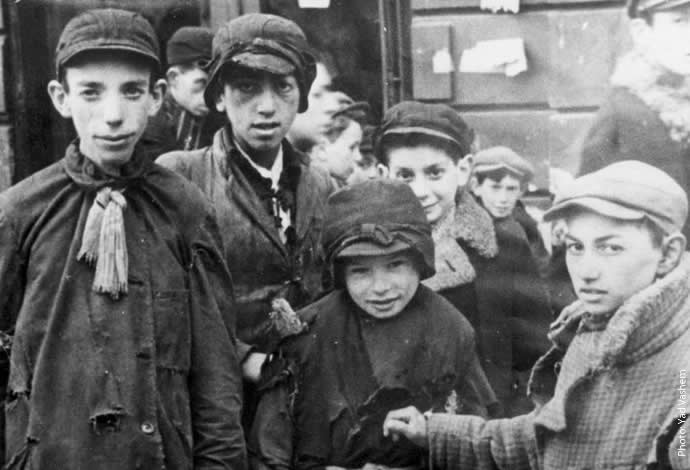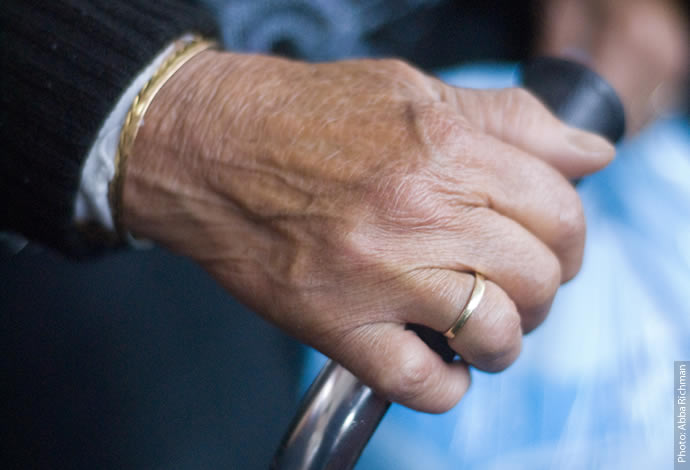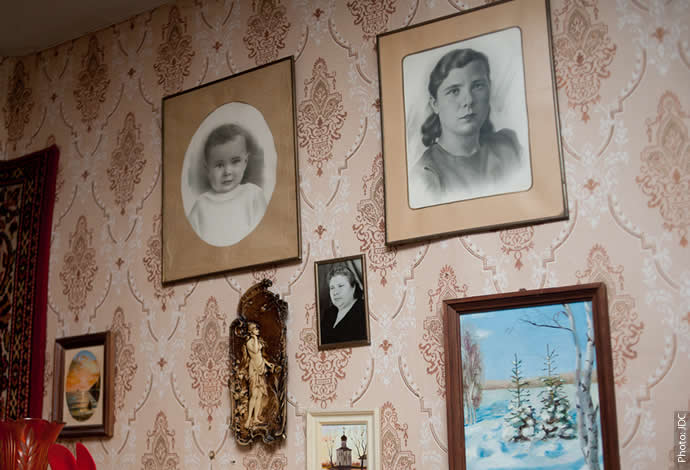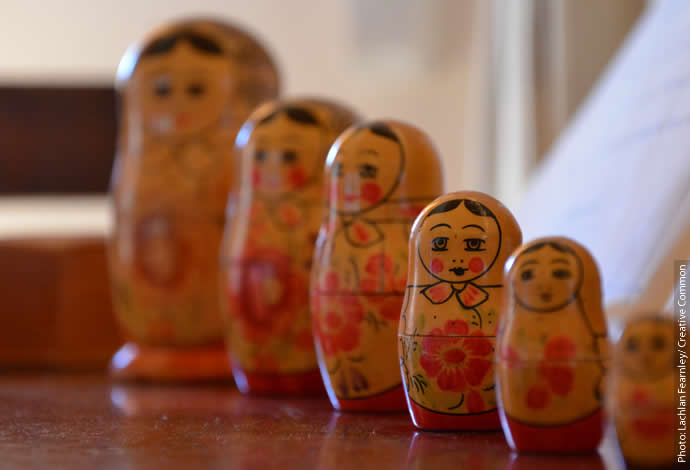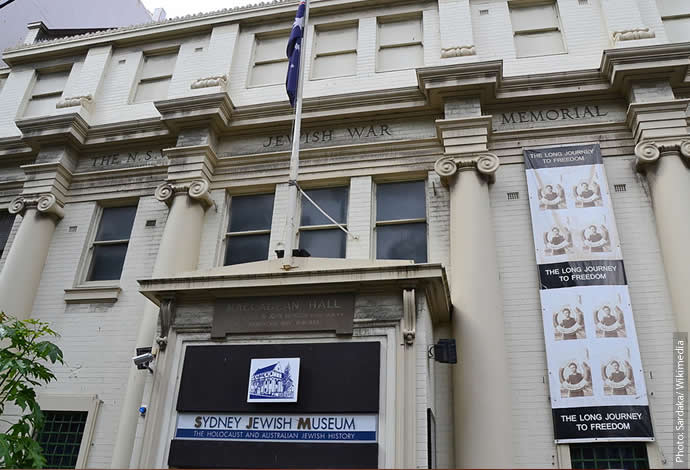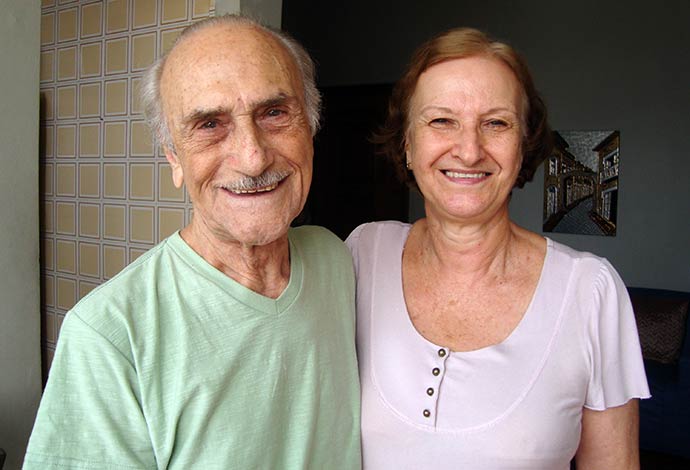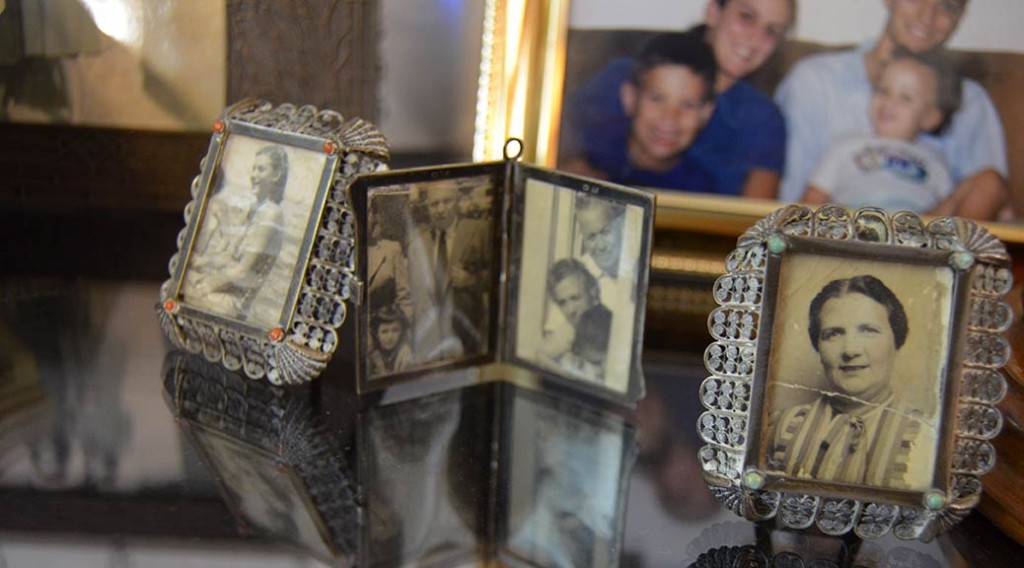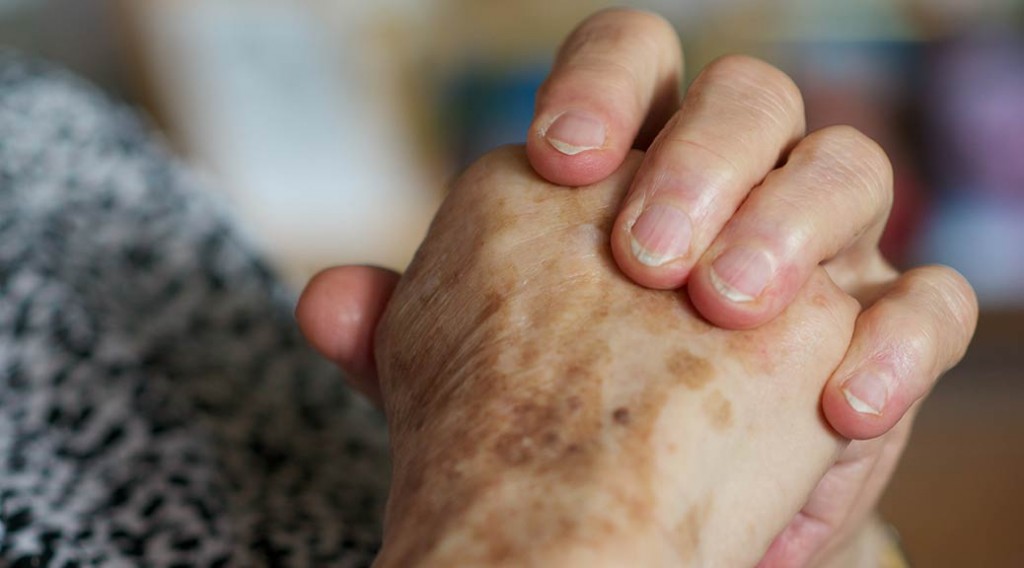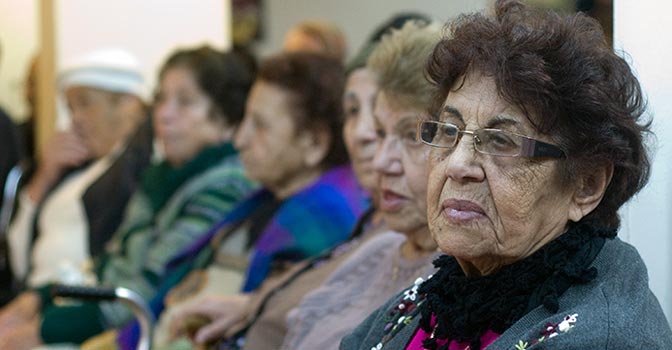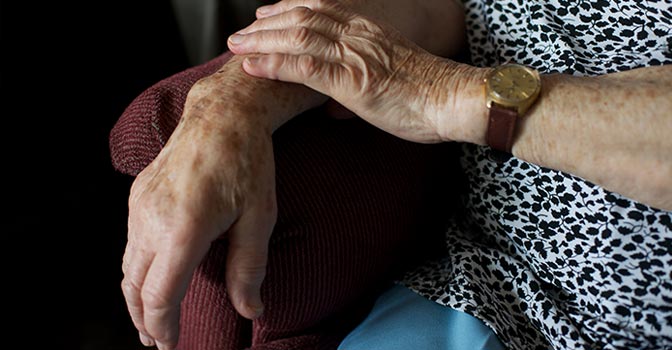A Book Review by Susan H. Sachs MELABEV – מלב”ב מרכז לטיפול בקשיש בקהילה Jerusalem, Israel Melabev was the very first organization in Jerusalem to provide safe, pleasant, caring day centers for older adults with declining memory or cognitive skills. The staff of the Melabev day care centers also offers support and guidance to the…
Tag: mental health
by Aviva Lion Introduction In March 2003, I arrived on the doorstep of Yoram Amit, director of Amcha in Rehovot. In a very unimposing office, here was the person who would introduce me to the fact that I was a Holocaust survivor. The facts about my life and the Holocaust I knew – but I…
By Halina Rosenkranz, M.S. Holocaust Program—Group Facilitator Westchester Jewish Community Services 141 N. Central Avenue Hartsdale, New York “We’re supposed to feel sorry for the children of Nazis; who feels sorry for us? They have the choice of hating their families—our families are dead. We have no choice!” The above statement was made during a discussion…
Presentation Limmud Oz Sunday 24 November 2013 By Dr. George Halasz www.halasz.com.au With the rapid changes in our understanding of the ‘what’, ‘why’, ‘where’ and ‘how’ of relational trauma arising from the recent advances in neuroscience, (The Brain that Changes Itself, N Doidge, 2007) the psychologist’s, psychotherapist’s and psychiatrist’s capacities to deeply engage with and…
By Renee Symonds BA Dip. Ed., MA Psych. and Rony Bognar Abstract This paper discusses the creation and development of the Survivor Focus Group at the Sydney Jewish Museum (Sydney, Australia). It lists the reasons for its initiation, as well as its development over an eight year period (See Appendix B). The words and feelings…
Life Beyond Despair
Exploring Holocaust Survivors’ Successful Coping and Adaption By Michelle Fishman “That which does not kill us makes us stronger.” ―Friedrich Nietzsche On May 8, 1945, Germany faced its unconditional surrender to Allied forces. With that, the near annihilation of European Jewry, which future generations would come to know as the Holocaust, drew to an end. The…
By Eli Somer*1 and Moshe Nizri1 Many researchers assume that the continuing influences of the Holocaust on its survivors are long-term, and hypothesize that its stamp is also present in the lives of the second and third generations of Holocaust survivors (e.g., Shmotkin et al., 2011). This assumption notwithstanding, controlled studies have found that second-generation…
When providing services to Holocaust survivors, it is important that we are particularly mindful of our words and actions, especially because we may be the last generation of caregivers and clinicians who have the honor, as well as the moral obligation, of delivering compassionate health services to survivors. Caring for Holocaust survivors at end of life is rewarding when it leads to a peaceful passage at the end of the natural life span of our patients, an experience denied to those who were murdered during the horrific years of the Nazi regime.
Goodnight, Irene… Welcome Home! Transforming Relational Trauma in a Residential Setting By George Halasz, Magalí Kaplan, Rod Myer “And so I learnt that the poet is a pulse in the rhythmic flow of generations.” – Octavio Paz, In Search of the Present (1990 Nobel Lecture, p. 22, San Diego Harvest) Introduction It is often said…
End-of-Life Issues for Holocaust Survivors A presentation given in October 2008 at an international conference in Frankfurt for professionals working with Holocaust survivors. By Judith Hassan, OBE Those who attended the conference in Vienna in 2007 know how strongly I feel about helping survivors to maximise the time they have left in their lives and…

